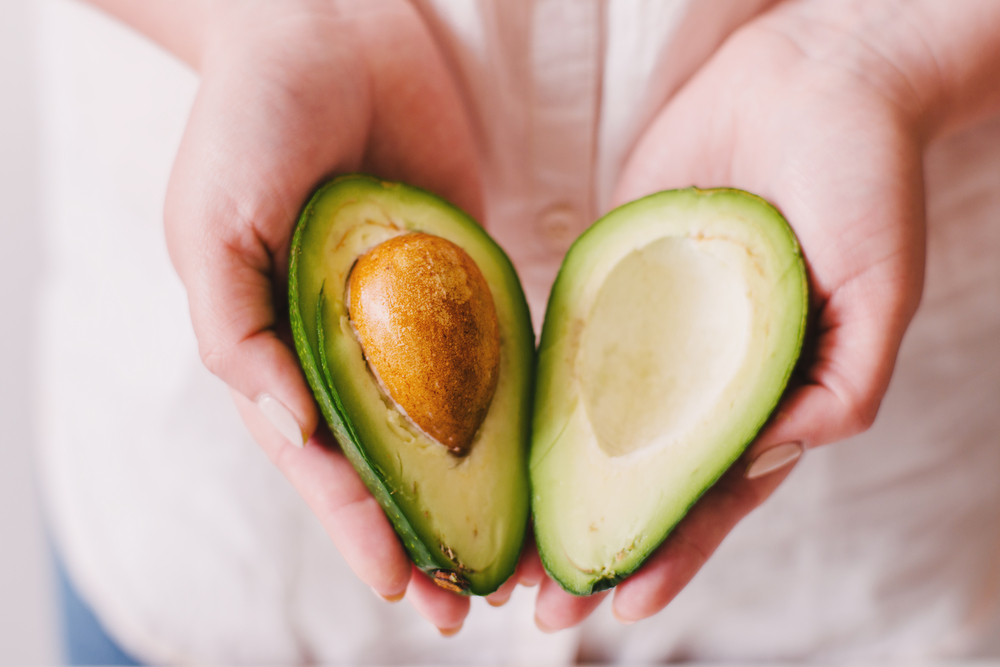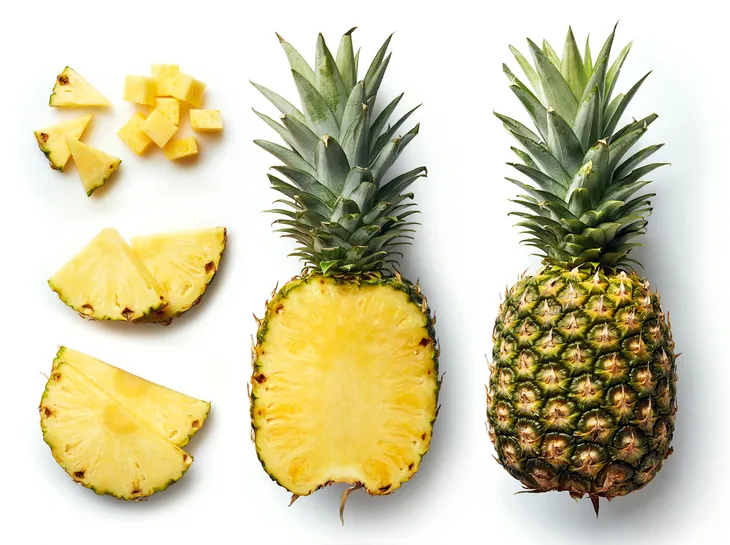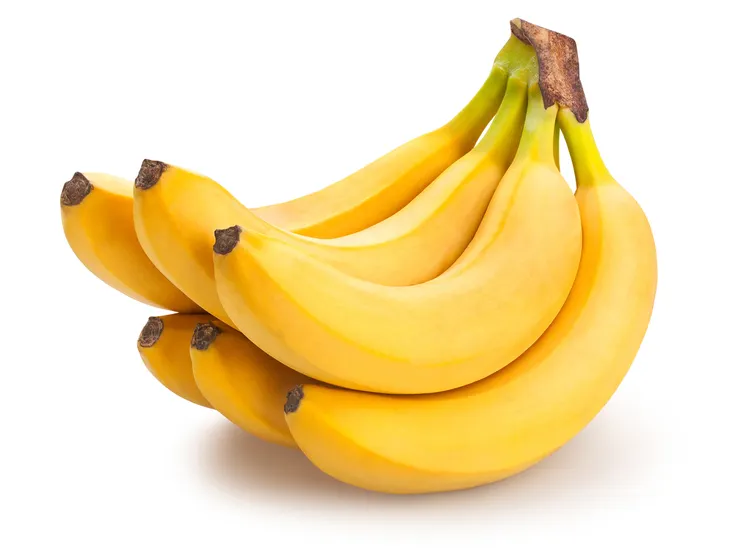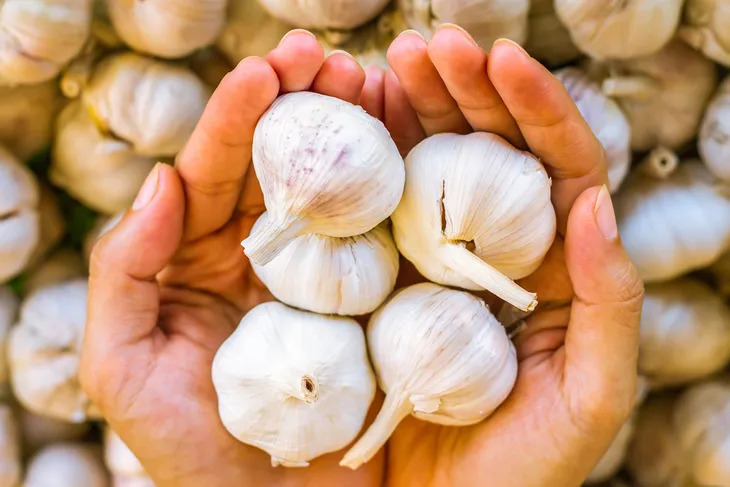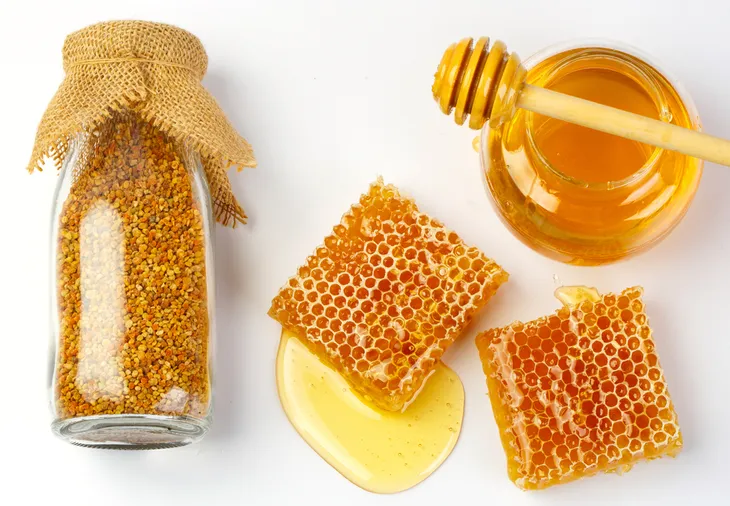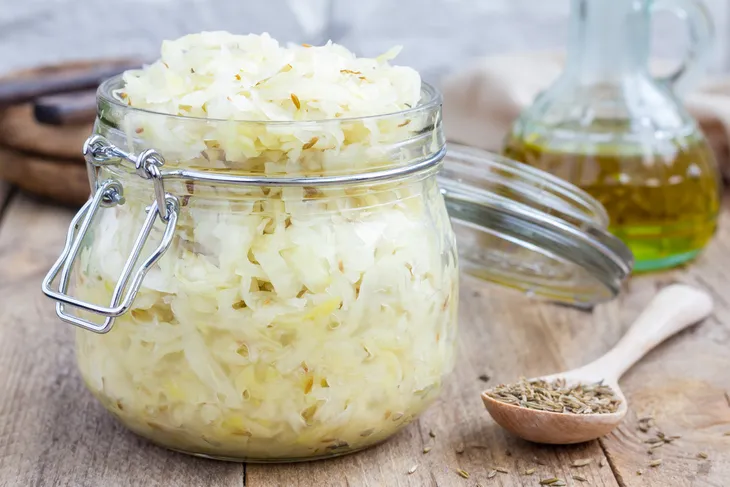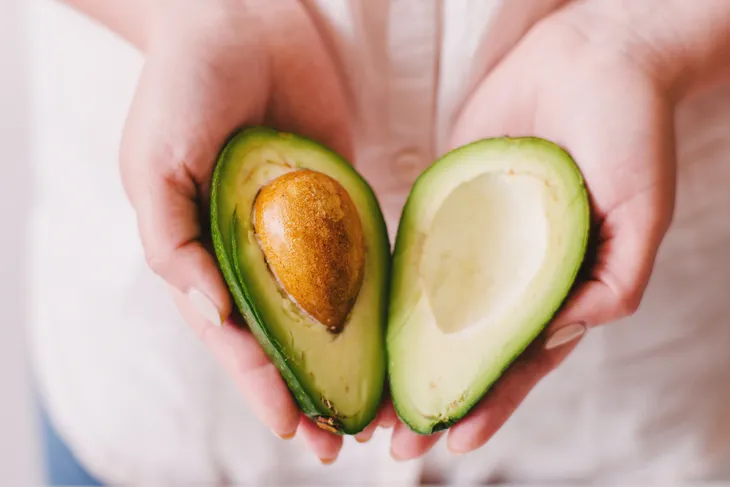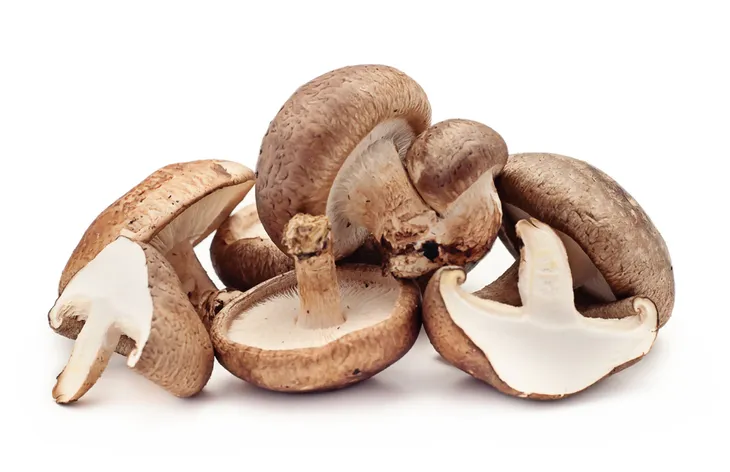Enzymes – you’ve surely heard about them and their importance in the digestive process, but let’s break it down a bit more (yes, that was a pun). These digestive enzymes – of which there are three main types (proteases, lipases, and amylases), according to Healthline – help break down fats, proteins and carbohydrates so your body can use them for energy, for example.
When your body cannot produce enough digestive enzymes, you run into problems such as lactose intolerance, explains the source. Luckily, some foods come packed especially high in natural digestive enzymes to help make up the shortfall, it adds. Here are some of them…
Pineapple
According to LiveStrong, this tropical fruit (that is debated whether it belongs on pizza) is high in bromelain, which is an enzyme that breaks down proteins. Bromelain is known for helping to reduce inflammation, especially when it comes to the sinuses, according to the source. It’s also effective for digestive issues, particularly diarrhea, due to its antibacterial properties, it adds.
The source also notes that bromelain “has been long used in herbal medicine,” and that it may help to improve immunity while helping wounds heal faster. It also notes that it works well alongside antibiotics to improve their effects. (Check out this article for more Incredible Health Benefits of Pineapple).
Bananas
Bananas have often been called “the perfect fruit,” and probably for good reason. Not only are they delicious, but they’re also packed with potassium, which helps with muscle function. And according to CookingLight.com, bananas also contain key enzymes including amylase and maltase, which break down complex carbs and malt sugars respectively.
Another plus of bananas not mentioned specifically is that they are a source of prebiotics, plant fibers that help encourage a healthy gut. The source notes you could consider topping your breakfast cereal or oatmeal with banana slices, add one into your smoothie, or just grab one and eat it as is (peel it first, of course).
Garlic
Garlic makes a lot of foods taste better, and you’ll have some added health benefits too. LiveStrong explains this bulb is loaded with alliinase, an enzyme that has also been shown to help people with high blood pressure (which has been called “the silent killer” as it often has no symptoms).
The source cites a study that suggests garlic can help regulate blood pressure at about the same effectiveness as some blood pressure medications, “making it one of the best digestive enzymes for people at risk for heart problems.”
Honey
Honey is used for many purposes, including being a natural substitute for sugar for sweetening foods. In fact, Healthline claims that Americans consume more than 400 million pounds of this bee product annually.
But more importantly, the source says honey contains “many beneficial compounds” including the digestive enzymes such as diastases, amylases, and proteases. It also contains another enzyme class called invertases, which it says breaks down sucrose (sugar) into glucose and fructose. However, it’s important to buy raw honey if you want these digestive benefits, as the heat used to process honey can destroy the beneficial enzymes, it notes.
Sauerkraut
Who knew fermented cabbage could be so useful? Not only is it delicious on sausages and with perogies (and a number of other ways), but also it’s packed with digestive enzymes, according to Reader’s Digest.
Like many other fermented foods (including yogurt), it’s also full of probiotics that help keep gut bacteria in balance as well as benefit the immune system, according to the source. However, it warns that if you want these benefits you should look for products that are not pasteurized – or, you could always make your own sauerkraut at home.
Avocados
Healthline notes the benefit of avocados that some other fruits don’t have – namely, being high in healthy fats, while also being low in sugar. But more to the point of this article, it notes avocados are a source of lipase, a digestive enzyme that breaks down fat molecules into fatty acids to make them more easily absorbable.
While lipase is produced in the pancreas, adding more from foods like avocados can give you a boost to more easily handle with high-fat meals, it adds. As an added bonus, this versatile fruit may also be an ally in preventing heart disease by naturally reducing “bad” cholesterol.
Shiitake Mushrooms
LiveStrong says that mushrooms in general are a “great source” of digestive plant enzymes, but that shiitake mushrooms (also known as Champignon Noir and Forest Mushroom) stand out from the crowd. That’s because apparently they contain something called lignocellulolytic enzymes that help to digest glucose, according to a study cited by LiveStrong.
Meanwhile, MedicineNet.com notes that an extract from shiitake mushrooms is used for medicinal purposes, and that the fungus can help boost the immune system while also lowering cholesterol levels (although more evidence is needed to prove the effectiveness for the latter benefit, it adds).
